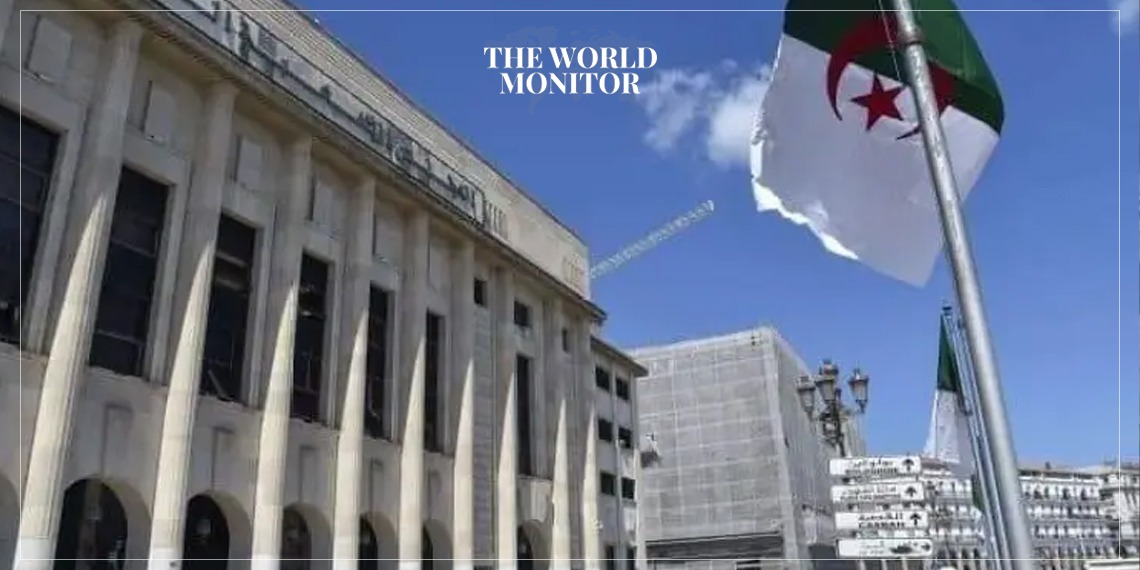On December 5, Algeria’s National People’s Assembly deputies approved the Finance Bill for 2024, a significant step in the country’s fiscal planning.
The bill now awaits endorsement by the Council of the Nation, marking a crucial phase in Algeria’s economic governance.
The bill encompasses critical measures for public material licenses, state budget allocations, and execution strategies for 2024.
These initiatives are aimed at optimizing Algeria’s financial management and ensuring efficient budget utilization.
This legislation aligns with President Abdelmadjid Tebboune’s directives to enhance the purchasing power of Algerian citizens and bolster investment.
It demonstrates the government’s commitment to implementing strategic economic reforms.
A notable aspect of the bill includes tax benefits and VAT exemptions. These measures, such as the exemption from total income tax on raw milk sales, are designed to stimulate certain sectors of the economy.
By extending annual declaration deadlines and offering tax exemptions, the bill supports Algerian businesses, particularly in the dairy industry and export operations.
This approach aims to encourage corporate growth and international trade.
The Finance Bill for 2024 is set to have substantial implications for Algeria’s economy.
It is a pivotal step in strengthening the nation’s fiscal stability and encouraging economic growth, in line with the government’s broader economic objectives.
This legislative move is a significant indicator of Algeria’s commitment to economic development and financial stability.
The bill’s approval sets the stage for a robust fiscal year in 2024, promising progress and prosperity for Algeria’s economy.






